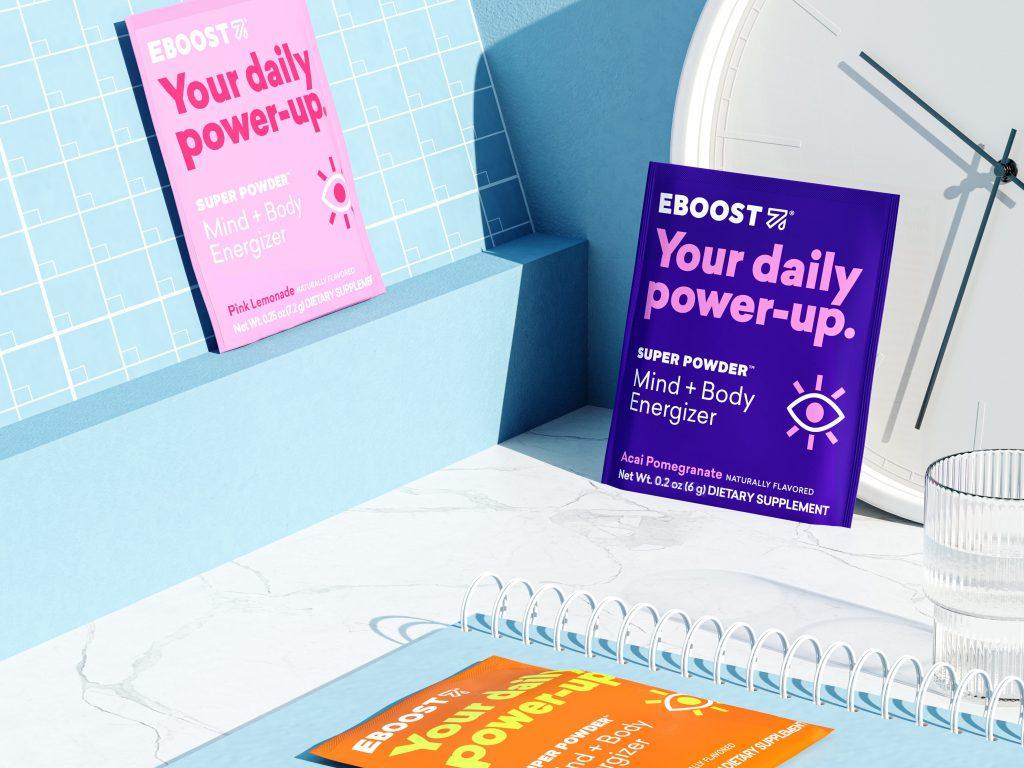
Call it the “first night effect.” “In a new environment (like a hotel room halfway across the world), we have a hard time falling asleep,” says Raj Dasgupta, M.D., an assistant professor at Keck School of Medicine at the University of Southern California. Blame your brain. “We’re hyper-alert and cognitively aroused.” The trick to finding shuteye: convincing your body that you’re somewhere familiar.
Bringing a small blanket or a photo of family members—something that reminds you of home—can help, he notes. So can playing favorites when it comes to hotels. Staying at the same chain every time you travel doesn’t just mean loyalty points, it also means your body familiarizes itself with the decor, lighting, and room style—making it feel more like home. When your body feels more familiar with its surroundings, you’re less likely to suffer from the first night effect and get better sleep, says Dasgupta.
Rapid, long-distance travel to a different time zone over a short period of time leaves your body playing catch up. “Our internal body clock is essentially set at 24 hours per day and regulates sleep and wake cycles,” explains Dasgupta.
And if your internal clock thinks it’s 2 a.m. when it’s mid-morning in your destination, you’ll feel groggy, feel sleepy, suffer from stomach troubles, and find it difficult to sleep at the right times.
Your body’s internal clock is regulated largely by sunlight (and a lack of it)—so if you land in the morning, seek that sunlight, stat. One way to do it: “Explore a new or unfamiliar place by lacing up and tackling a few miles,” suggests Emily Abbate, an ACE-certified trainer, UESCA run coach, and founder of the podcast Hurdle. “Use an app like Strava to check out popular running routes, and make sure to chart out a few sites you want to see along your way.” Getting some sun will help you reset your internal clock, and exercise can help you fall asleep more easily later.
And since dehydration can also contribute to feelings of fatigue and lethargy, it’s important to stay hydrated throughout your trip. This is especially important if you’re staying at a high-altitude destination (where…





